Sydney councils, mayors hit back at NSW Government over proposed ban on confidential councillor briefing sessions
Sydney councils are gearing up for a fight with the state government over plans to ban the practice of holding confidential “councillor briefing sessions” behind closed doors.
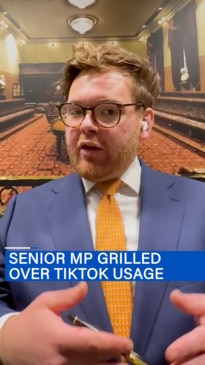
Local
Don't miss out on the headlines from Local. Followed categories will be added to My News.
Sydney councils are gearing up for a fight with the state government over plans to ban the practice of holding confidential “councillor briefing sessions”.
Multiple councils have raised concerns over new code of conduct reforms proposed by the NSW Government, which says it wants to “increase transparency” and stamp out “bad councillor behaviour”.
A key reform includes banning briefing sessions behind closed doors, except in very limited circumstances, amid concerns they lack public transparency and accountability.
Many councils hold the sessions, which can involve staff briefing councillors on issues relating to planning matters, tenders and contract agreements.
However, NSW Local Government Minister Ron Hoenig says the system has resulted in important council matters being discussed away from public view.
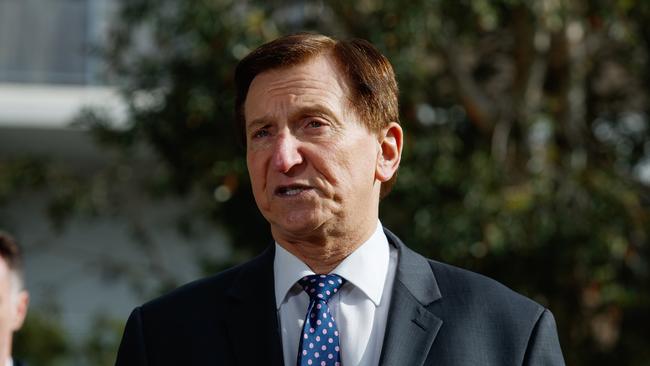
“Communities and councillors report that council decision making is not transparent – with decisions being seen as made behind closed doors, information not being provided or withheld, too much use of closed to the public briefings or councils going into closed sessions for no adequate rationale,” the proposed reforms state.
“Council debates on issues are too often personal slanging matches, rather than forums for robust but respectful discussions on what is best for the community.”
Multiple councils across Sydney are now challenging the proposed bans, with some accusing the state of taking a “sledgehammer” to the local government sector.
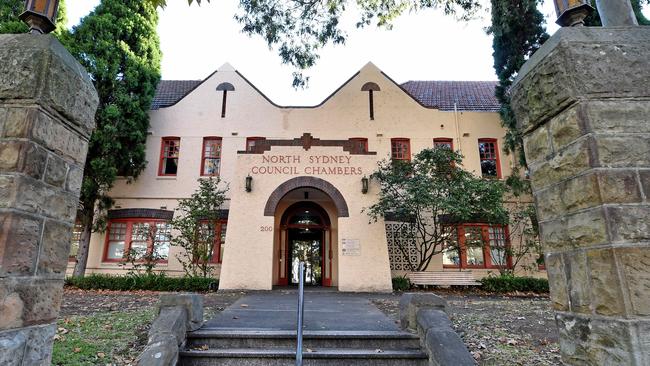
The City of Sydney said it did not support the proposed ban, arguing the briefings were “one of the most effective forums for councillors to ask for advice and discuss their position on key decisions”.
“This allows them to receive advice from staff who are experts in the area, leading to more informed motions and decisions in meetings,” a council spokesman said.
“The government’s proposal to impose a blanket ban on the briefing of councillors is not adequately explained or supported, impractical to implement and will ultimately lead to a more inefficient and combative environment for councillors and staff.”
Hornsby Council has warned banning briefing sessions would place “constraints” on the type of information staff could provide and the questions councillors could ask.
“Public attendance also has the potential to trigger community activism well before objective information on the risks and benefits of options have been considered,” the council stated.
Camden Council, meanwhile, claims it would be “counterproductive for confidential briefing sessions to be banned entirely” and “could simply drive confidential discussions underground without the benefit of all councillors having the ability to discuss matters together and openly”.
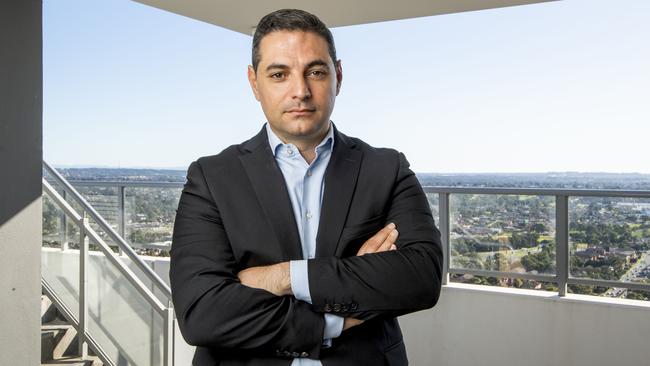
Liverpool Mayor Ned Mannoun accused the government of “double standards”, noting councillor briefings were held in the same way that state government ministers and agencies discussed matters behind closed doors.
“There shouldn’t be any double standards and if councils aren’t allowed to have briefing sessions, the same rule should apply to ministers,” he said.
“I’d certainly look forward to seeing the Local Government Minister’s briefings made public as well.”
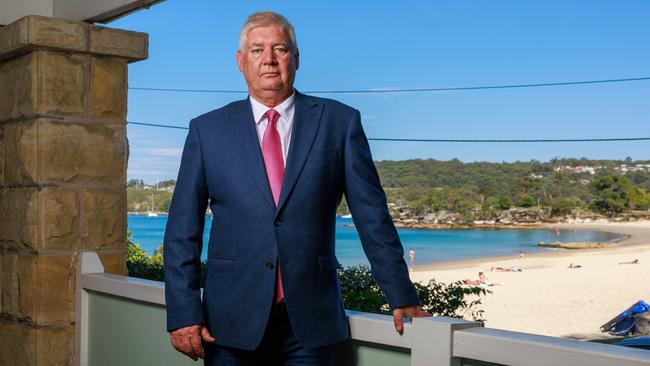
Mosman Council – in a submission on the code of conduct reforms – argued it was “difficult to understand the rationale behind the proposed ban”.
“To suggest that all proceedings of a workshop can occur during a (public council meeting) is illogical and inconsistent with the objectives to make council meetings accessible, streamlined and efficient,” it said in its submission.
One member of the council, Roy Bendall, believed the state government was taking a “sledgehammer approach” to the code of conduct.
The NSW Government has listed examples of where it says the current briefing session system is failing.
They include councillors receiving briefings from planning staff on development applications, leaving members of the public impacted by the decision with “no idea” about what was discussed behind closed doors.
Campbelltown councillor Adam Zahra expressed support for the reforms, saying limiting confidential briefing sessions could improve community engagement in council decision making.
However, fellow Campbelltown councillor Meg Oates said the reforms could leave council staff hamstrung by the type of information provided to councillors.
“If those meetings are to be live-streamed, staff will be constrained as to what they’re able to say because someone in the public might take it the wrong way or someone in the public might get information accidentally,” she said.
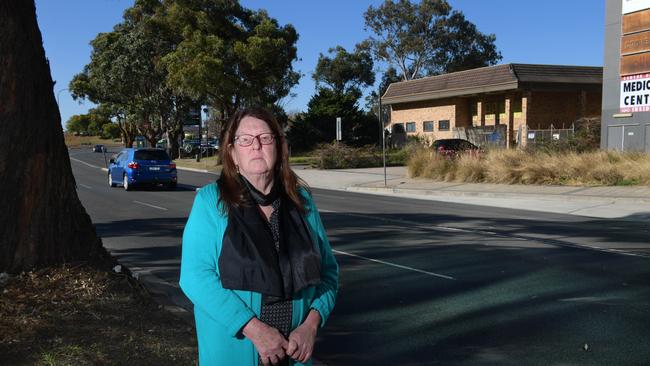
Other councils to oppose the ban include Ku-ring-gai, which argues the ban would result in an “administrative burden” due to councils having to conduct the briefing sessions in open forums.
North Sydney Council has called for the state government to continue allowing the confidential sessions when discussing matters such as legal issues, support and training sessions and workshops to develop council strategies.
Mr Hoenig said the reforms would increase transparency.
“Private briefing sessions have had a corrosive effect on the transparency of council decision-making and have been repeatedly highlighted by (the Independent Commission Against Corruption) as a corruption risk,” the Local Government Minister told this masthead.
“Communities are entitled to know what material is being given to councillors to make decisions that affect them.
“There will always be circumstances where some matters need to be dealt with in private and the Local Government Act outlines how these matters should be managed.
“I look forward to working with the sector on how we can improve transparency in local government.”
The proposed reforms are currently open for feedback, with a decision expected to be made in coming months.





